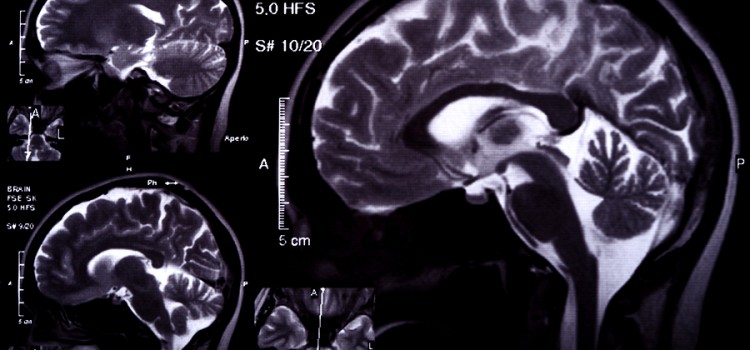
Diagnosis and Treatment Of Tampa Bay Traumatic Brain Injuries
Every 19 seconds, someone in the United States sustains a traumatic brain injury (TBI). That adds up to 1.7 million people each year. Brain injuries range from mild to moderate to severe. Every injury is different, but when your brain is injured, it can affect everything: your ability to speak, focus, remember, and relate to other people.
BrainLine, a national multimedia project offering information and resources about preventing, treating, and living with TBI,[1] provides information regarding the diagnosis and treatment of TBI:
The diagnosis of brain injury
The diagnosis of brain injury involves (CAT scans) looking for signs of brain injury, either through scanning devices like computer assisted tomography (CAT scans), magnetic resonance imaging (MRIs), and X-rays, or through screening tools, usually in the form of simple tests, thatmeasure various areas of a person’s speech, movement, memory, and thought. The people most qualified to diagnose a brain injury are emergency room doctors, neurologists, and neuropsychologists.
Often the tests used to diagnose an injury help determine the appropriate course of treatment.Right after a moderate to severe injury, treatment usually focuses on medicines and surgical procedures. Once a person has been stabilized, treatment may focus more on the recovery of any lost abilities or learning to do things in a new way.
Brain injury treatment
Just as no two people are exactly alike, no two brain injuries are exactly alike. For some, brain injury is the start of a lifelong disease process. Brain injury treatment is a complex field of medical rehabilitation. When someone has a moderate to severe injury, treatment can involve the combined efforts of neurologists, psychiatrists, physiatrists, an array of rehabilitation therapists, case managers, and social workers, along with a person’s network of friends and family. For mild traumatic brain injuries, treatment often involves resting the body and the brain. If symptoms of brain injury persist, further evaluation by a neurologist and/or a neuropsychologist may be helpful.
The Brain Injury Association [2] of America suggests that there are numerous treatment options for those suffering a severe brain injury:
- Intensive Care Unit – After receiving emergency medical treatment, persons with a moderate to severe brain injury may be admitted to a hospital’s Inpatient Intensive Care Unit. The goals in the ICU include achieving medical stability, medical management, and prevention of medical crisis
- Acute Rehabilitation – As early as possible in the recovery process, individuals who sustain brain injuries will begin acute rehabilitation. The treatment is provided in a special unit of the trauma hospital, a rehabilitation hospital or another inpatient setting. During acute rehabilitation, a team of health professionals with experience and training in brain injury work with the patient to regain as many activities of daily living as possible.
- Postacute Rehabilitation – When patients are well enough to participate in more intensive therapy, they may be transferred to a postacute rehabilitation setting, such as a residential rehabilitation facility. The goal of postacute rehabilitation is to help the patient regain the most independent level of functioning possible.
- Outpatient Therapy – Following acute or postacute rehabilitation, a person with a brain injury may continue to receive outpatient therapies to maintain and/or enhance their recovery. Individuals whose injuries were not severe enough to require hospitalization or who were not diagnosed as having a brain injury when the incident occurred may attend outpatient therapies to address functional impairments.
- Home Health Services – Some hospitals and rehabilitation companies provide rehabilitation therapies within the home for persons with brain injury.
- Independent Living Programs – Independent living programs provide housing for persons with brain injury with the goal of regaining the ability to live as independently as possible. Usually, independent living programs will have several different levels to meet the needs of people requiring more assistance and therapies as well as those who are living independently and being monitored.
The effects of a brain injury can be dramatic and life-long causing temporary or even permanent injuries. If you have suffered a brain injury, it is important to speak to an experienced Tampa Bay brain injury attorney. At the Dolman Law Group in Clearwater, Florida, our team of highly skilled brain injury lawyers have helped many victims obtain the recovery they deserve for their injuries and related losses including lost wages, medical expenses as well as pain and suffering. Please call our office at 727-451-6900 today.
Dolman Law Group
800 North Belcher Road
Clearwater, FL 33765
727-451-6900
https://www.dolmanlaw.com/legal-services/brain-injury-attorneys/
References:
[1] http://www.brainline.org/
[2] http://www.biausa.org/brain-injury-treatment.htm





